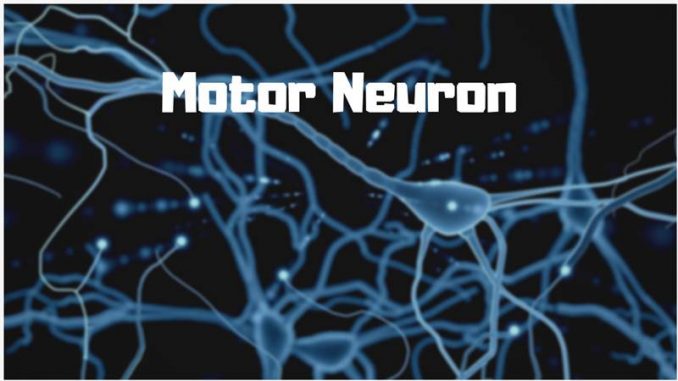
Motor neurons are responsible for movements including making you walk, talk to your friend, or even chew some food items. Motor neurons could be damaged just in the same way as other body parts. One common motor neuron disease is ALS or Amyotrophic Lateral Sclerosis which is commonly referred to as the Lou Gehrig’s disease. In this context, you must know that there are some not so common motor neuron diseases that we would be discussing today.
ALS or Amyotrophic Lateral Sclerosis
ALS is known to affect lower, as well as, upper motor neurons. As ALS progresses, you would be gradually losing control over those muscles that are helpful in making you walk, chew, swallow, talk, and even breathe. With the passage of time, these weak motor neurons would weaken further and waste away. There would be twitches and stiffness in your muscles.
ALS is generally regarded as sporadic and anyone could get the disease. However, just five to ten percent of ALS cases actually are triggered due to genetic or hereditary factors. One starts getting ALS symptoms between 40 and 60 years of age. Most of the patients are able to live for another three to five years once their symptoms start showing. However, many patients experiencing ALS could carry on living for another 10 years. There are various ALS treatment options that you must choose as per your doctor’s advice.
PLS or Primary Lateral Sclerosis
PLS or Primary Lateral Sclerosis is supposed to be quite similar to ALS. However, this condition would be impacting just your upper motor neurons. It may trigger stiffness and weakness in the legs, and arms and would be slowing down your walk. Just like Amyotrophic Lateral Sclerosis, the Primary Lateral Sclerosis starts generally in patients ranging from 40 to 60 years of age. However, the muscles become weaker and stiffer over a period of time.
Progressive Bulbar Palsy
Many patients who are suffering from Progressive Bulbar Palsy or PBP would eventually develop Amyotrophic Lateral Sclerosis. As per https://www.medicalnewstoday.com, “Progressive bulbar palsy (PBP) involves the brain stem. People with ALS often have PBP too. The condition causes frequent choking spells, difficulty speaking, eating, and swallowing.” Progressive Bulbar Palsy is known to damage motor neurons that are found at the base of the brain. With PBP, there is a chance that you would start slurring and have issues in chewing and swallowing food. You find it difficult to control your emotions. You may start crying or laughing without any reason.
Progressive Muscular Atrophy
Progressive Muscular Atrophy could be sporadic or inherited. It would be affecting only the lower motor neurons. It is believed that this condition is marked by weakness that would be starting in your hands. Thereafter, it would be spreading to some other parts of your body. You may experience muscle cramps due to muscle weakness.
Kennedy’s Disease
Kennedy’s Disease is supposed to be inherited but it only impacts male patients. Women could be carriers; however, they do not experience any illness because of it. A woman who is having this disease would be having 50 percent chances of transmitting the disease to her son. Male patients with this disease would experience symptoms such as muscle twitches and cramps, shaking hands, and weakness in legs, arms, and face. They would be having major difficulties in chewing and swallowing food or even face problems while speaking. Often men experience low sperm count and have relatively enlarged breasts.
Conclusion
Each kind of MND or Motor Neuron Disease has a different outlook. Some are supposed to be milder and make very slow progress as compared to the rest. Even though there seems to be no cure for MNDs, therapy and the right medications could help in easing and improving the overall quality of life.
Author bio –
Kristen Smith is a health expert who has been running many health seminars and public discussions. She also manages her blog and reviews the health-related details provided by authentic sources. You can visit ALS treatment options for more information.

Leave a Reply